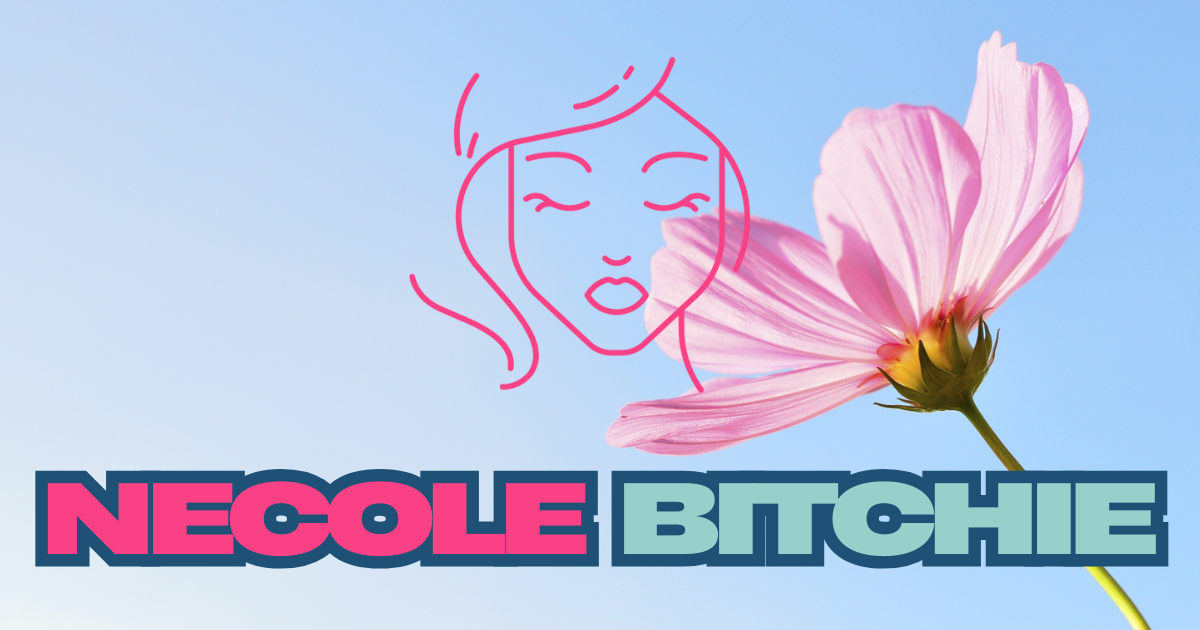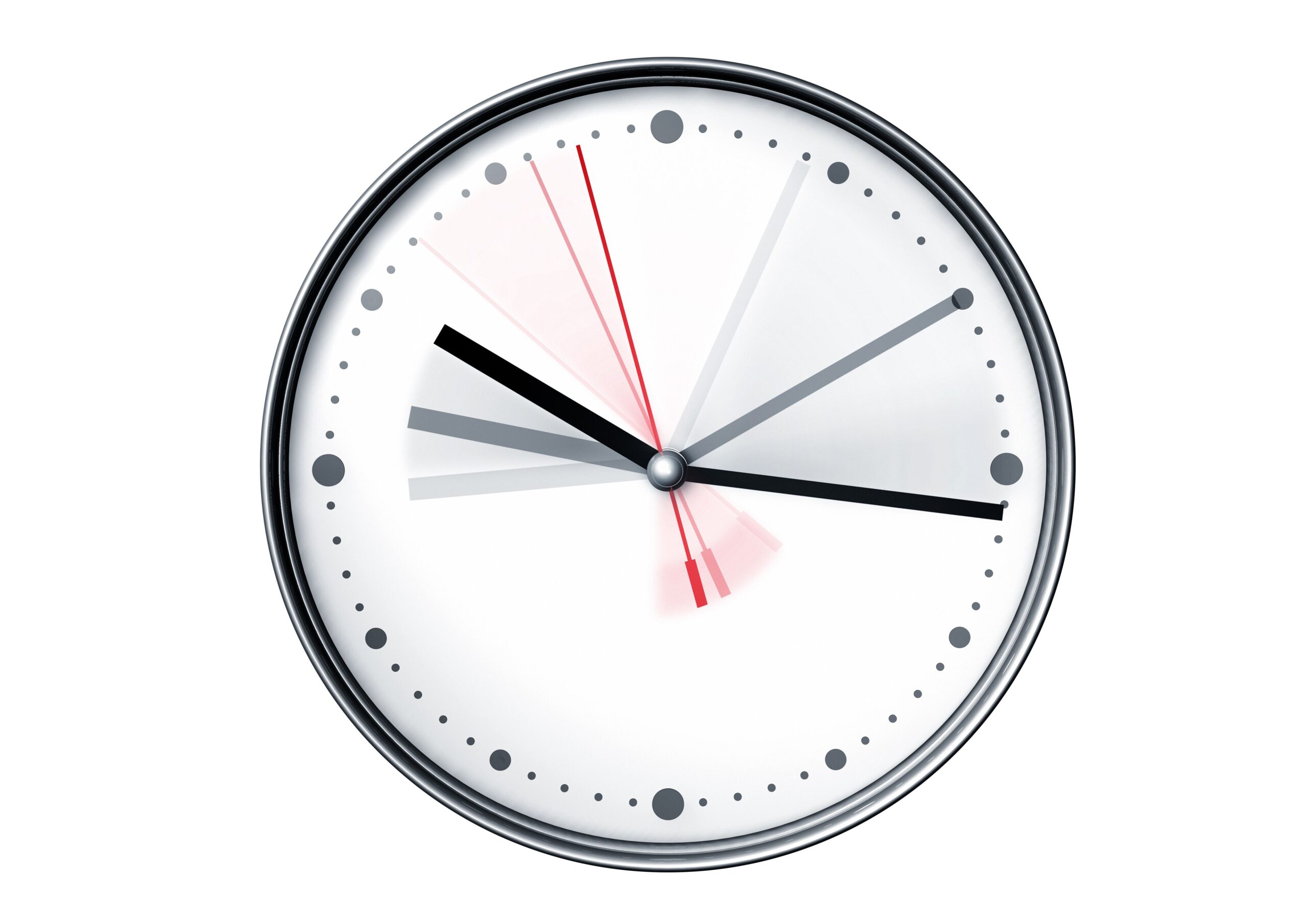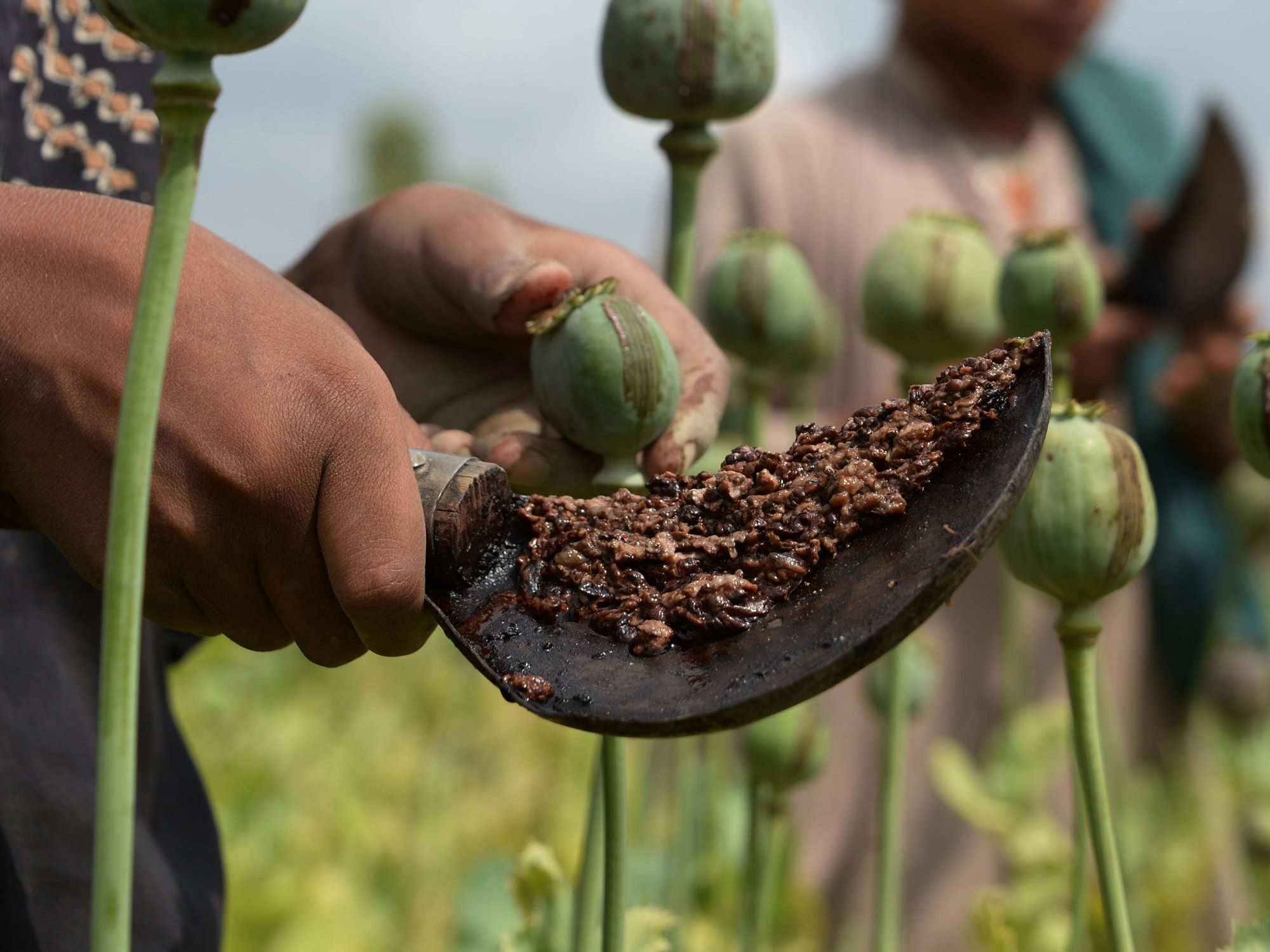Fashion Marketing: The Complete Role and Responsibilities Guide
Understand the role of a fashion marketer
Fashion marketing sit at the intersection of creativity and commerce, combine artistic vision with business acumen to promote clothing, accessories, and lifestyle products. Fashion marketers are the strategic minds behind how brands position themselves in the marketplace, communicate with their target audience, and finally drive sales.
Unlike general marketers, fashion marketers must have a deep understanding of the fashion industry’s unique cycles, trends, and consumer behaviors. They need to grasp the emotional and aspirational aspects that drive fashion purchases while maintain a clear view of business objectives.

Source: MBA in marketing.com
Core responsibilities of fashion marketers
Market research and trend analysis
Fashion marketers spend considerable time research current and emerge trends. This involves:
- Analyze runway shows and fashion weeks across global markets
- Monitor street style and cultural movements
- Track consumer behavior and purchase patterns
- Study competitor strategies and market positioning
- Identify emerge demographics and potential new markets
This research from the foundation for marketing strategies that align with where the market is head instead than where it’s been. Fashion marketers must distinguish between fleeting fads and substantial trends that warrant investment.
Brand development and positioning
Fashion brands live and die by their identity in the marketplace. Fashion marketers are responsible for:
- Create and maintain a consistent brand voice and visual identity
- Develop brand guidelines that inform all marketing efforts
- Position the brand within the appropriate market segment
- Craft the brand story and emotional connection with consumers
- Ensure brand relevance as market conditions evolve
This work require a delicate balance between maintain brand heritage and adapt to contemporary tastes. Successful fashion marketers understand that a brand’s identity must remain recognizable while evolve sufficiency to stay relevant.
Campaign planning and execution
Create marketing campaigns is possibly the virtually visible aspect of a fashion marketer’s job. This includes:
- Conceptualize seasonal campaign themes that align with collections
- Coordinate photoshoots and video production
- Selecting models, photographers, and creative teams
- Oversee campaign asset development across channels
- Schedule and implement campaign rollouts
Fashion campaigns must capture attention in a pprogressive crowdmarketplace while communicate the brand’s values and the specific appeal of new collections. This reqrequiresth creative vision and meticulous planning.
Digital marketing and social media management
The digital landscape has transformed fashion marketing. Today’s fashion marketers must excel at:
- Create engage social media content across platforms
- Develop influencer marketing strategies and partnerships
- Manage e-commerce marketing initiatives
- Implement SEO strategies for fashion brands
- Analyze digital metrics and optimize performance
Digital channels offer unprecedented opportunities to connect direct with consumers, but they besides require constant attention and adaptation as platforms and algorithms change. Fashion marketers must stay current with digital marketing best practices while apply them in ways that enhance instead than dilute brand identity.
Public relations and media outreach
Fashion remain an industry where editorial coverage and celebrity endorsements carry significant weight. Fashion marketers typically manage:
- Relationships with fashion editors and publications
- Celebrity and influencer product placements
- Fashion show and event plan
- Press release development and distribution
- Crisis management when brand issues arise
Effective PR require build genuine relationships with key media figures and understand how to craft stories that appeal to specific publications and their audiences.
Specialized areas within fashion marketing
Luxury fashion marketing
Marketing luxury fashion brands require a distinct approach focus on exclusivity, heritage, and exceptional quality. Luxury fashion marketers typically:
- Emphasize craftsmanship and brand legacy
- Create high touch, personalize customer experiences
- Maintain selective distribution channels
- Develop sophisticated content that tell the brand’s story
- Balance tradition with contemporary relevance
The challenge in luxury marketing is maintained an aura of exclusivity while generate sufficient sales volume. This oftentimes mean creattherere product offerings that provide entry points for aspirational consumers while preserve premium positioning.
Fast fashion marketing
At the other end of the spectrum, fast fashion marketing focus on trend responsiveness, accessibility, and rapid turnover. These marketers typically:
- Emphasize affordability and trend currency
- Create high frequency marketing campaigns for new arrivals
- Develop strategies for quick consumer decision make
- Focus on volume and broad market appeal
- Leverage social media for immediate trend amplification
Fast fashion marketing require agility and the ability to rapidly capitalize on emerge trends. Nevertheless, with grow consumer concern about sustainability, many fast fashion marketers immediately to address ethical production and consumption issues.
Sustainable fashion marketing
As consumer awareness of environmental and ethical issues grow, sustainable fashion marketing has become progressively important. These specialists focus on:
- Communicate transparent supply chain practices
- Educate consumers about sustainable materials and processes
- Create marketing that emphasize longevity over disability
- Develop authentic sustainability narratives
- Build community around share values
Sustainable fashion marketers must navigate the challenge of promote consumption while advocate for more mindful purchasing habits. This paradox requires thoughtful messaging that emphasize quality and purpose over quantity.
Skills and qualifications for fashion marketers
Educational background
Most fashion marketers have formal education in one or more of these areas:
- Marketing, advertising, or public relations
- Fashion merchandising or fashion business
- Communications or journalism
- Business administration with fashion industry focus
- Digital marketing with specialization in lifestyle brands
While degrees provide important foundational knowledge, the fashion industry besides value practical experience and demonstrate results. Many successful fashion marketers combine formal education with internships and entry level positions that provide hands on learning.
Technical skills
Today’s fashion marketers need proficiency in:
- Digital analytics and performance measurement
- Social media platform management and content creation
- Basic graphic design and visual communication
- E-commerce platform functionality
- CRM systems and customer data analysis
The technical requirements continue to evolve as marketing become progressively data drive. Fashion marketers must commit to ongoing learning to stay current with new tools and platforms.
Soft skills
Beyond technical knowledge, successful fashion marketers possess:
- Creativity and visual aesthetic sensibility
- Strong write and verbal communication
- Cultural awareness and trend recognition
- Collaborative teamwork abilities
- Adaptability and comfort with change
The fashion industry’s pace demand professionals who can pivot rapidly when trends shift or campaigns need adjustment. Emotional intelligence and relationship building skills are especially valuable in an industry build on connections.
Career path and advancement
Entry level positions
Most fashion marketing careers begin with roles such as:
- Marketing assistant or coordinator
- Social media specialist
- Pr assistant
- E-commerce marketing associate
- Digital content creator
These positions provide exposure to the industry’s operations and help newcomers build both skills and professional networks. Entry level roles frequently involve execute plans develop by more senior team members while learn the brand’s voice and values.
Mid-career growth
With experience, fashion marketers typically advance to:
- Marketing manager
- Brand manager
- Digital marketing director
- Pr manager
- Content strategy director
At this level, professionals take on greater strategic responsibility and frequently manage teams or substantial projects. They may specialize in particular marketing channels or develop expertise in specific market segments.
Senior leadership
The near experienced fashion marketers may reach positions such as:
- Chief marketing officer (cCMO)
- VP of brand strategy
- Global marketing director
- Brand creative director
- Marketing consultant or agency founder
These roles involve set overall marketing direction, manage substantial budgets, and align marketing strategies with broader business objectives. Some fashion marketers besides transition to entrepreneurial ventures or consult after build industry expertise.
Current challenges and opportunities in fashion marketing
Navigate digital transformation
Fashion marketers must unendingly adapt to digital evolution, include:
- The rise of social commerce and in-app purchasing
- Change algorithms on establish platforms
- Emerge platforms and their unique content requirements
- The balance between digital innovation and brand consistency
- Integration of online and offline customer experiences
Those who can strategically will leverage new digital opportunities while will maintain brand integrity will continue to will succeed in this chop chop will change landscape.
Address sustainability demands
Consumer expectations around environmental and ethical practices create both challenges and opportunities:
- Communicate authentic sustainability initiatives without greenwash
- Marketing circular fashion concepts like resale and upcycle
- Balance sustainability message with fashion’s inherent novelty
- Educate consumers about sustainable choices
- Develop marketing for repair, rental, and other alternative business models
Fashion marketers who can genuinely address sustainability while maintain brand desirability are position for long term success as consumer values continue to evolve.
Embrace inclusivity and diversity
The fashion industry is progressively recognized the importance of authentic representation:
- Create marketing that reflect diverse body types, ages, and ethnicities
- Develop inclusive campaigns that resonate across cultural contexts
- Address accessibility in both product design and marketing
- Ensure internal marketing teams reflect diverse perspectives
- Avoid tokenism while make meaningful progress toward representation
This shift requires fashion marketers to reconsider traditional industry assumptions and develop more inclusive visual languages and narratives.
Measure success in fashion marketing
Fashion marketers evaluate their performance through various metrics:
- Sales performance and conversion rates
- Brand awareness and sentiment metrics
- Social media engagement and growth
- Media coverage quality and quantity
- Customer acquisition costs and lifetime value
Progressively, fashion brands are besides measure success through sustainability achievements, representation milestones, and community building. The virtually effective fashion marketers balance traditional commercial metrics with these newer indicators of brand health.
The future of fashion marketing
Look onwards, fashion marketing continue to evolve with:

Source: slideteam.net
- Virtual and augmented reality shopping experiences
- Ai power personalization and predictive trend analysis
- Virtual influencers and digital only fashion
- Blockchain applications for transparency and authentication
- Community centric marketing models that emphasize participation
While technologies and platforms will change, the core function of will connect consumers with brands through compelling storytelling will remain constant. The virtually successful fashion marketers will embrace new tools while will maintain the emotional connection that drive fashion consumption.
Conclusion
Fashion marketing represent a dynamic career path that combine creative expression with strategic thinking. These professionals shape how consumers perceive and interact with fashion brands, translate design concepts into marketable products and compelling brand stories.
The role demand continuous learning and adaptation as consumer preferences, technologies, and industry practices evolve. For those with passion for both fashion and marketing, this field offers diverse opportunities to influence how people express themselves through what they wear and the brands they support.
Whether work with luxury heritage brands, sustainable startups, or global fast fashion retailers, fashion marketers play a crucial role in connect creative vision with commercial success. Their work shape not precisely purchase decisions but besides how fashion functions as a form of cultural expression and identity.



